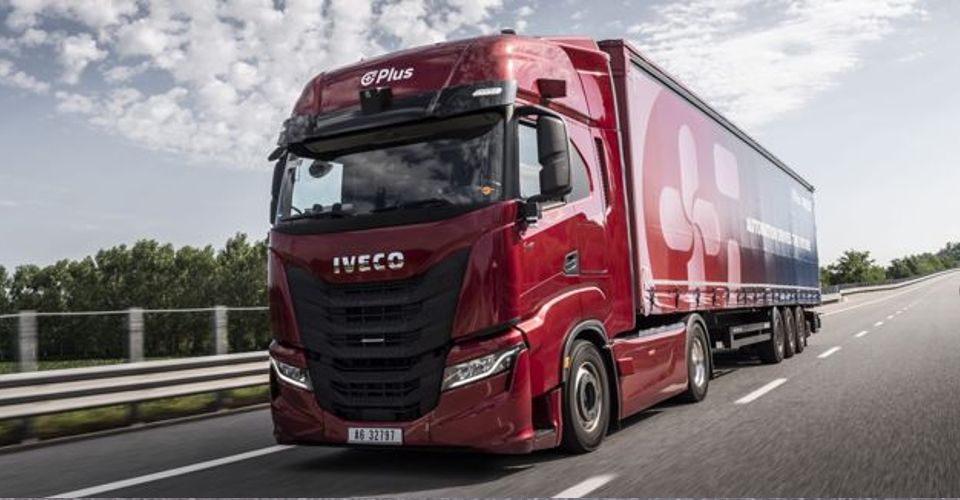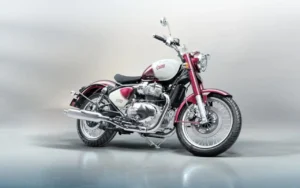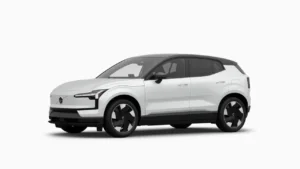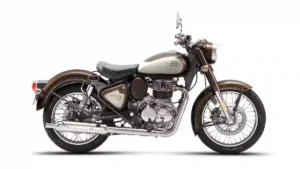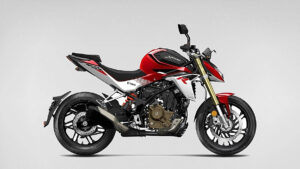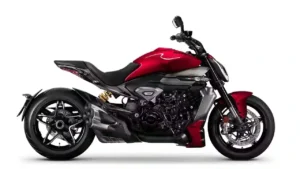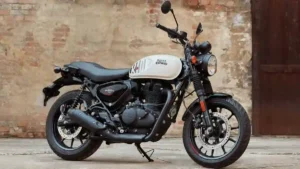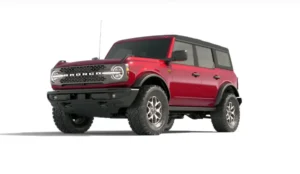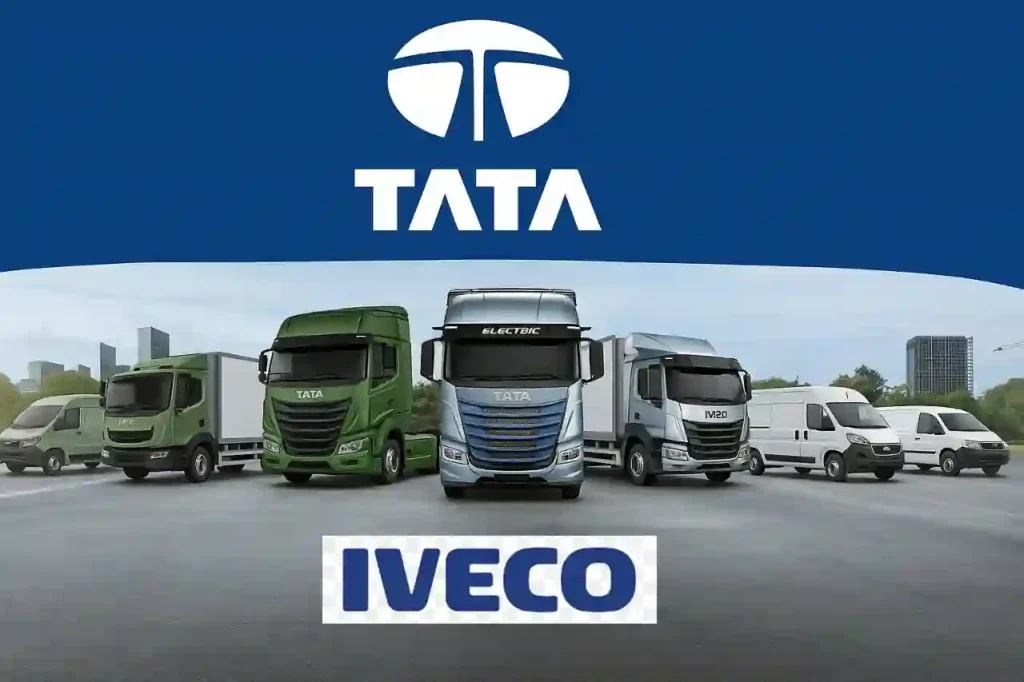
Tata Motors has announced its biggest automotive acquisition since Jaguar Land Rover, in which it has agreed to acquire Italian commercial vehicle manufacturer IVECO Group in a deal worth Rs 3,800 crore (€3.8 billion/$4.4 billion).
The transaction, which is expected to close by April 2026,
will create a global commercial vehicle powerhouse with combined revenues of around €22 billion and annual sales of over 540,000 units.
This partnership will bring many benefits to the Tata Group, including making their commercial vehicles more efficient by leveraging IVECO’s advanced engine and electric technology.
Advantages for Tata Motors
Accelerated global scale: Will move towards transformation from an India-centric player to a global commercial vehicle leader.
Technology acceleration: IVECO’s FPT Industrial division, the fifth-largest engine manufacturer globally, will give the Tata Group access to advanced European engineering and clean energy solutions.
Market diversification: Reduce dependence on the cyclical Indian market through geographical expansion
Brand growth: Link to IVECO’s premium European brand equity
Regulatory advantage: IVECO’s compliance with strict European emission standards
About IVECO Group
Company Foundation and History
IVECO, which is an acronym for Industrial Vehicles Corporation, was founded in 1975 through the merger of five leading European industrial vehicle manufacturers, including Fiat Veicoli Industriali, Officine Mecaniche and Lancia Veicoli Speciali of Italy, Unimog of France and Magirus-Deutz of Germany. This strategic integration brought together over 150 years of engineering expertise under one unified brand.
Over the past 50 years, IVECO has emerged as one of the major players in the global transport sector, celebrating its golden anniversary in 2025. The company was spun off from CNH Industriali on January 1, 2022, and is now listed on the Borsa Italiana as IVECO Group N.V.
Global Operations and Market Presence
The IVECO company operates on a truly global scale and sells its vehicles, which you can see below.
It has 7 production sites in Europe, Asia, Africa, Oceania and Latin America.
It has 8 research and development centers worldwide.
It has 3,500 sales and service outlets supporting customers in more than 160 countries.
Around 25,000 employees are associated with the company worldwide.
Business Segments and Brand Portfolio
The IVECO Group encompasses seven distinct brands under its umbrella.
| Brand | Specialization / Focus |
|---|---|
| IVECO | Heavy, medium, and light commercial vehicles |
| FPT Industrial | Powertrain solutions and alternative propulsion systems |
| IVECO BUS | Urban and intercity buses, tourism coaches |
| HEULIEZ | Market leader in electric city buses in France |
| IDV | Specialized defense and civil protection equipment (IVECO Defence Vehicles) |
| ASTRA | Heavy-duty quarry and construction vehicles |
| IVECO CAPITAL | Financial services and fleet solutions |
IVECO’s competitors and Market Position in Europe.
IVECO operates in a highly competitive European commercial vehicle market dominated by several major players,the main leaders in Europe are shown below.
| Manufacturer | Market Share | Key Strength / Note |
|---|---|---|
| Mercedes-Benz (Daimler) | 22% | Market leader, strong in heavy-duty segments |
| MAN | 15% | Backed by Volkswagen Group, solid market presence |
| Scania | 13% | Known for premium quality and fuel efficiency |
| IVECO | 13% | Fourth-largest European player |
| Volvo | 12% | Strong safety reputation, innovative technologies |
| DAF | 10% | Popular in the Netherlands and UK |
IVECO is ranked fourth in the European market, but faces challenges from both traditional competitors and emerging electric vehicle manufacturers. The company’s position in the sustainability rankings shows room for improvement, with transport and environment ratings putting IVECO behind leaders such as Scania, Mercedes-Benz and MAN in preparing for the zero-emission transition.
